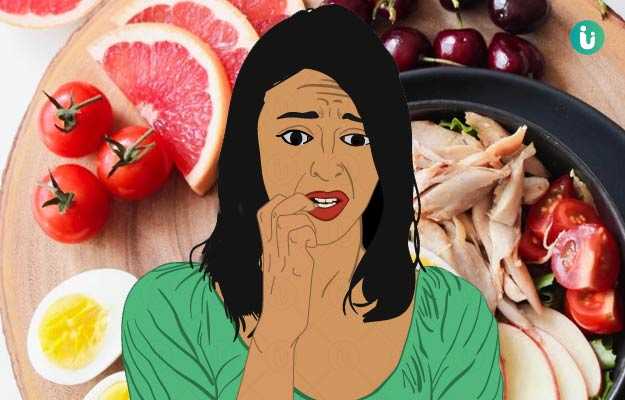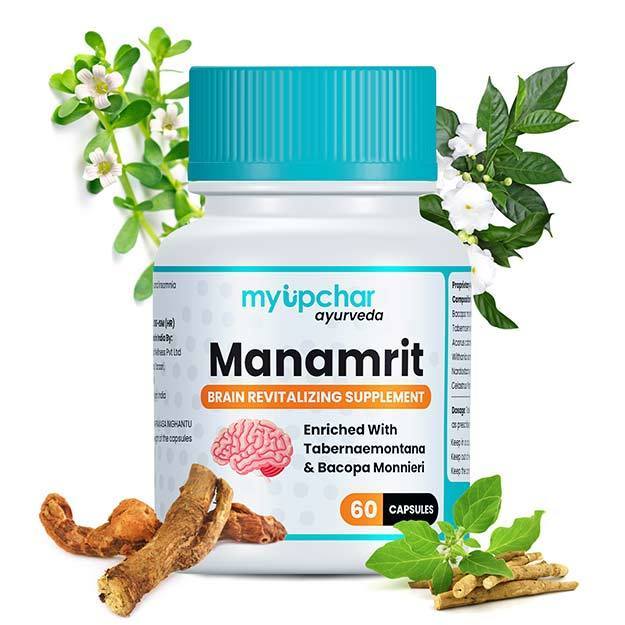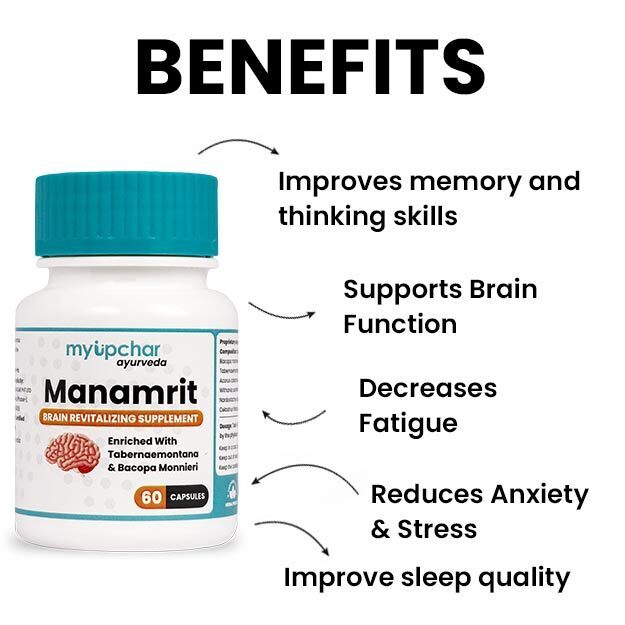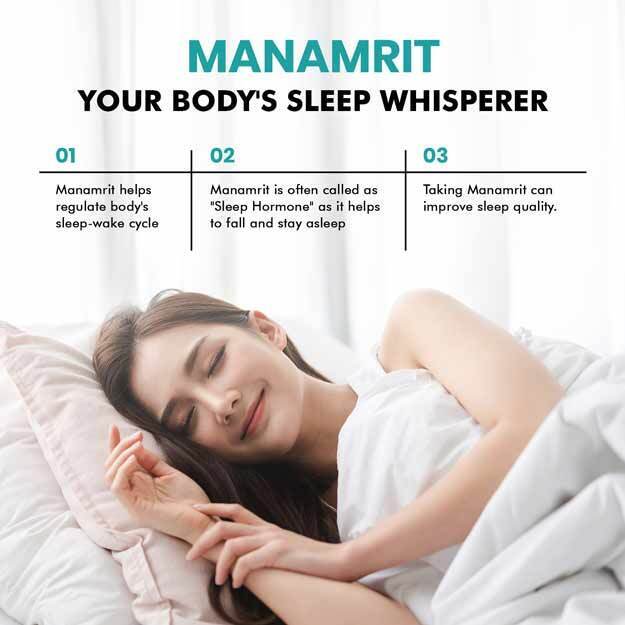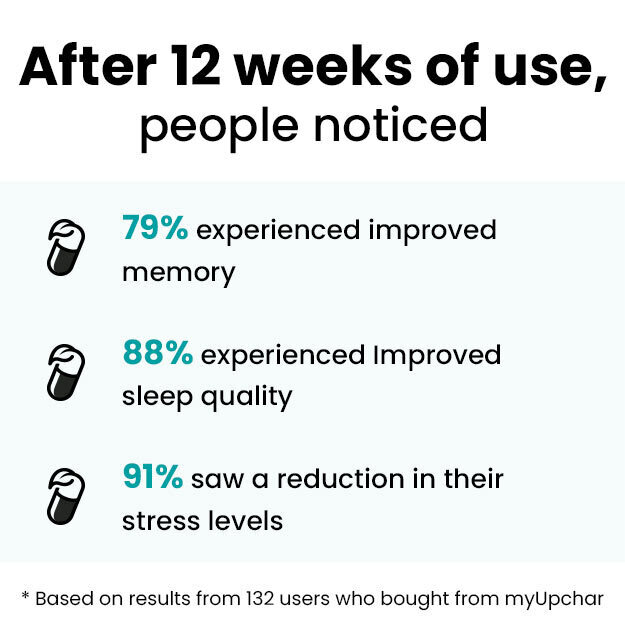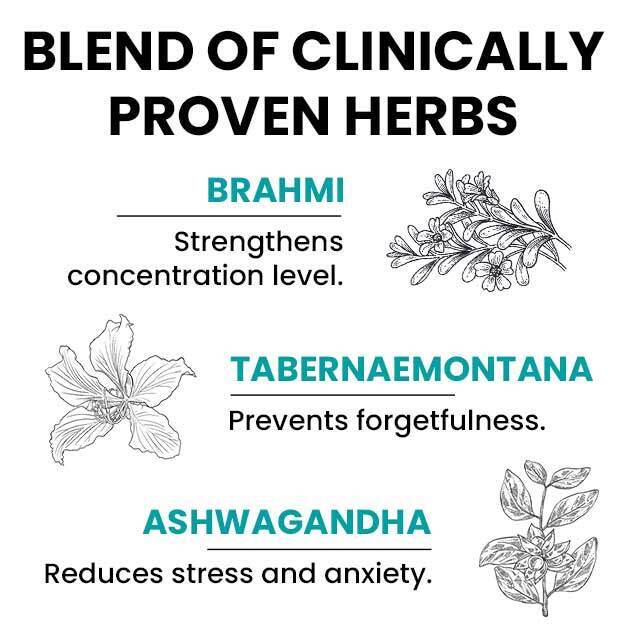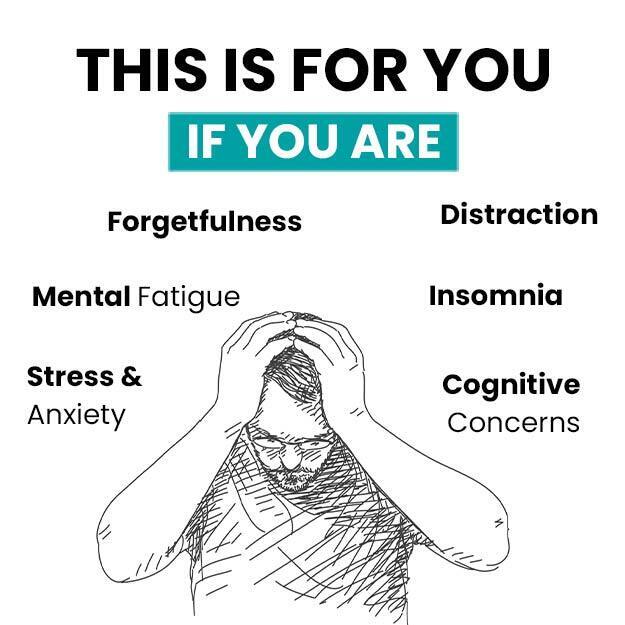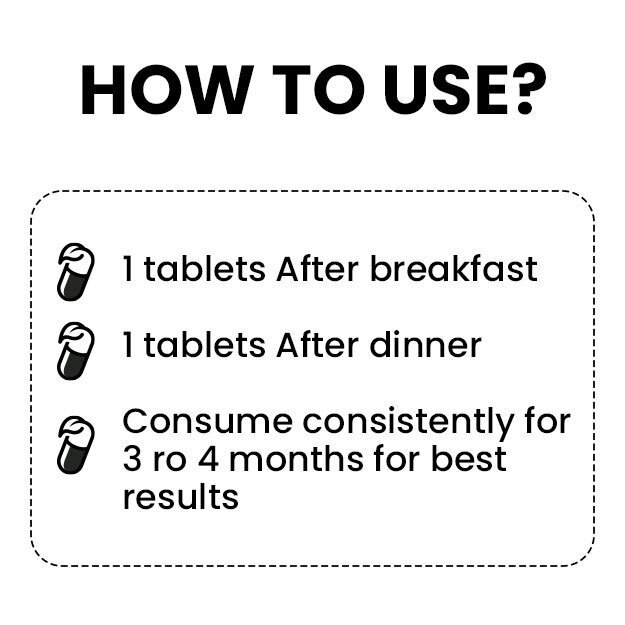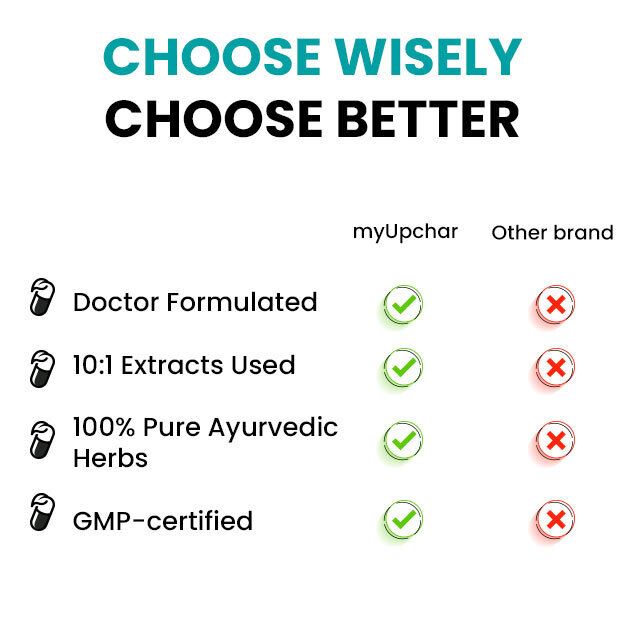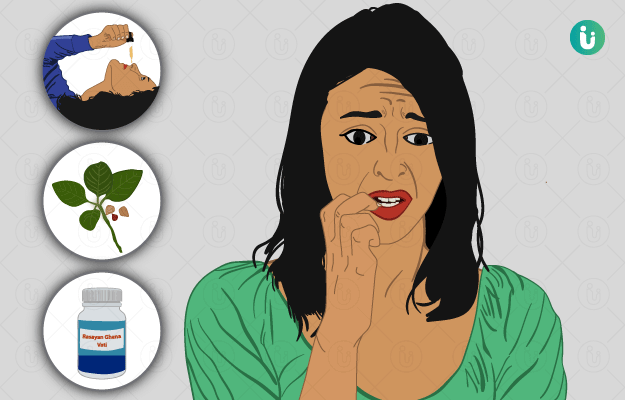Our brain is one of the most active parts of the body and needs a steady stream of nutrients to function properly. A bad diet can not fulfill the nutritional requirement necessary to produce neurotransmitters. This can trigger symptoms of pre-existing mental health conditions like anxiety or depression. Managing anxiety disorder requires a mix of many types of lifestyle changes, including sleeping better, being physically active, relaxing the mind and eating healthier.
- Foods to eat in anxiety disorder
- Nutrients to control anxiety disorder
- Food to avoid in anxiety disorder
- Indian diet plan to control anxiety disorder
Foods to eat in anxiety disorder
When it comes to diet for anxiety disorders, there are certain food items that you can benefit from. Following are some such foods you should include in your diet:
Chocolate
Studies have frequently shown a link between chocolate and improved health as it contains a good amount of nutrients like flavanols, tryptophan, etc.
Dark chocolate may increase serotonin levels not only due to the serotonin and L-tryptophan it contains, but also because it contains carbohydrates in the form of sugar, which can signal the body to produce more serotonin. So whenever you are feeling low, stressed or anxious, you can have 1-2 blocks of dark chocolate to improve your mood.
Green tea
Evidence suggests that green tea contains a good amount of L-theanine, an amino acid that has positive effects on brain health. It helps reduce anxiety, stress and treat insomnia. To benefit from it, add 1-2 cups of green tea in your daily diet.
It’s important to remember that green tea also contains some amount of caffeine, which can inhibit the absorption of iron. It’s best to avoid having it with or just before a meal.
Turmeric
Turmeric latte has gained popularity recently but it is one of the oldest Ayurvedic medicines as well. It is well-known for its antiseptic, anti-microbial and anti-cancer properties. Turmeric milk helps our body boost serotonin levels, which can help to relieve anxiety and depression.
There are several studies that support the fact that curcumin, the bioactive compound found in turmeric, helps treat anxiety. To add this superfood to your regular diet, you can add it to your curry, pickle, dal, milk, tea, etc.
Probiotic-rich foods
Several studies have shown that probiotic foods like yoghurt and fermented foods may promote mental health and brain function by inhibiting free radicals and neurotoxins, which can damage nerve tissue in the brain and lead to anxiety. If you are suffering from an anxiety disorder, try to add at least one probiotic-rich food to your daily meal. Idli, dosa, dhokla, jalebi, kefir, buttermilk, curd, axone are rich sources of probiotics; choose them according to your taste and availability.
Chamomile tea
Chamomile is a flower belonging to the daisy family, commonly used as a herb. It contains high amounts of antioxidants which helps with many health conditions including sleep problems, anxiety, digestive issues, mouth sores, skin infections, wound healing, etc. If you are suffering from any of these conditions, this tea can be of great help to you. Have it 1-2 hours before your bedtime for better sleep quality and to control anxiety.
Egg yolk
Many research studies link vitamin D deficiency to mood disorders, such as depression and anxiety. In such cases, consuming egg yolks can help as it contains a good amount of vitamin D.
Eggs also contain tryptophan, which is an amino acid that helps to create serotonin. Serotonin is a neurotransmitter, which helps regulate mood, sleep and memory. Serotonin also helps improve brain function and reduce anxiety. For the total benefit of this food, have 1-2 whole eggs daily.
Ginger
Ginger is known for its anti-gastric properties and is commonly used in herbal tea for cough and cold treatments. But it also influences serotonin levels which treat and reduce anxiety as benzodiazepine drugs. For total benefit, have raw ginger or one teaspoon of ginger juice with honey, once or twice a day.
Almonds
Almonds are a rich source of vitamin E and magnesium. There are separate research studies that support the fact that consuming vitamin E and magnesium can help boost your mental health and reduce the symptoms of anxiety disorder. If you’re someone who doesn’t enjoy plain almonds, you can also try having it as almond milk or almond butter.
Nutrients to control anxiety disorder
The daily dose of some nutrients can help you to reduce your anxiety levels and maintain good mental health. Following are some such nutrients:
Zinc: Zinc helps our body maintain a healthy nervous system. A healthy nervous system aids with the management of anxiety disorder. Foods that are rich in zinc are egg yolk, oysters, cashews, liver and beef. You can add them to your regular diet to gain benefits.
Magnesium: In research, it has found that a diet that is low in magnesium was associated with increased anxiety-related symptoms. To avoid recurrent anxiety attacks, add magnesium-rich foods to your daily diet. Green leafy vegetables, such as spinach, fenugreek leaves and amaranth, legumes, nuts, seeds and whole grains are good sources of magnesium.
Omega 3 fatty acids: Many studies say that consuming omega-3 fatty acids through your food, is effective in managing anxiety disorder. You can have omega-3 fatty acids in foods such as flaxseeds, walnuts, fatty fish, chia seeds, soybeans as well as cold-pressed olive oil. Try to add these foods to your daily diet for better and quicker results.
Vitamin B complex: Vitamin B complex (including thiamine, riboflavin, niacin and cobalamin) has positive effects on the nervous system. If you have a vitamin B deficiency, you are more likely to have increased levels of anxiety. To maintain adequate levels of this group of vitamins, add milk, milk products, lean meat, eggs, dark leafy greens, beans, whole grains, etc to your regular diet.
Food to avoid in anxiety disorder
Just like there are foods that help manage anxiety, there are some other food items that can worsen your condition. It’s best to avoid the following:
- A study published in 2017 says that a high amount of dietary sugar can not only create too much fluctuation in blood sugar levels but one’s mood as well.
- Alcohol works negatively on the symptoms of anxiety disorder and you should avoid consuming it as much as possible.
- Studies have shown that consuming a high amount of caffeine can worsen anxiety disorder. Watch the amount of tea and coffee you have.
- Do not follow crash diets as they can lead to nutritional deficiencies, which can cause fluctuations in one’s mood and anxiety levels.
Indian diet plan to control anxiety disorder
Following is a sample diet plan for a person who is suffering from an anxiety disorder:
- Early morning: Warm water (1 glass) + almonds (5-6) + walnuts (2-4)
- Breakfast: Multigrain bread vegetable sandwich (2) + cocoa milk (1 glass)
- Mid-meal: Papaya (1 bowl)
- Lunch: Chapati (2) + lauki kofta (1 bowl) + cucumber raita (1 bowl)
- Evening tea: Chamomile tea (1 cup) + roasted seeds (1-2 tablespoon)
- Dinner: Matar pulao (1 bowl) / methi paratha (2) + palak paneer (1 bowl)
- Bedtime: Turmeric milk (1 glass)
Find Nutritionist in cities
Doctors for Diet for anxiety disorder

Dr. Dhanamjaya D
Nutritionist
16 Years of Experience

Dt. Surbhi Upadhyay
Nutritionist
3 Years of Experience

Dt. Manjari Purwar
Nutritionist
11 Years of Experience


